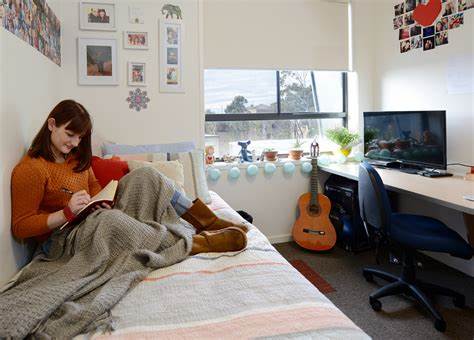The lease contract is valid only if the terms listed in the document are valid, so the landlord must carefully consider the information and rules contained. These requirements will provide a means of clearly communicating the expectations of the lessee and the owner to avoid any legal disputes in the future.
The landlord should consider the following five points in the contract:
1. Tenant name and residence period
It may seem obvious to add the name of the lessee to the lease contract, but if you need to recover the rent or take other actions, including which name may affect the position that the landlord must adhere to. Any person listed on the lease is responsible for rent and property damage. If you only list one person on the lease, but their spouse or partner also lives there, or they have roommates, you can only make a lease. One person listed is responsible.
2. Lease terms
Unless the lease contract is monthly, the lease will require a specific period of time during which the unit or house can be rented. If a time frame is given, then you must be aware of whether the lease will automatically renew and what the renewal terms are. Landlords usually have the option of not renewing their rent, but in cities with rent control, this flexibility may not be available. In areas where there is rent control, the landlord is generally not allowed to expel the lessee unless there is a justifiable reason, such as not paying the rent or breaching the lease terms.
3. Rent, deposit and late payment fee
The lease should not only specify the amount of rent to be paid each month, but also the location and method of rent. Some landlords told tenants that they want them to go directly to the bank to deposit, some want electronic payments, some want bank tickets, and some want them to mail checks. The expiration date of the rent and the amount of any applicable late payment fee should also be specified. In addition, the company's president, Tracey Benson, pointed out that for any returned cheque, the fees to be charged must be clearly stated. The amount of the deposit should also be stated. Benson noted that the fees charged for these projects may be limited according to local laws and regulations, so the landlord should consult the appropriate city agency.
4. Repair and maintenance
The issue of whether the tenant or the owner is responsible for matters such as electrical maintenance and site maintenance should be addressed. The lease should note that if the landlord needs maintenance and repair, he or she will notify the lessee in writing at least 24 hours before entering the home. Some cities may need to give notice 48 hours in advance, and if they violate, they will be fined.
5. Limits, restrictions, restrictions
Many restrictions are usually included in the lease agreement, from whether the tenant is allowed to raise pets to limit the number of cars that can be parked in the house. Some landlords require tenants to purchase the leaser's insurance and keep it up to date. The lessor’s insurance generally does not include the loss of the lessee, and you do not want them to try to chase you. For those lessors who do not mandate the lessor’s insurance, the lease should clearly state that the lessee knows that he or she has Responsibility for the insured of the item and does not require the lessor to be liable for any damage. Refers to personal property.
Following these five tips will help make your lease as worry-free as possible and build a good relationship with your tenants from the start. Work with a knowledgeable attorney or real estate professional to view city and state regulations and regulations.
Five rules for renting a house
Find More



